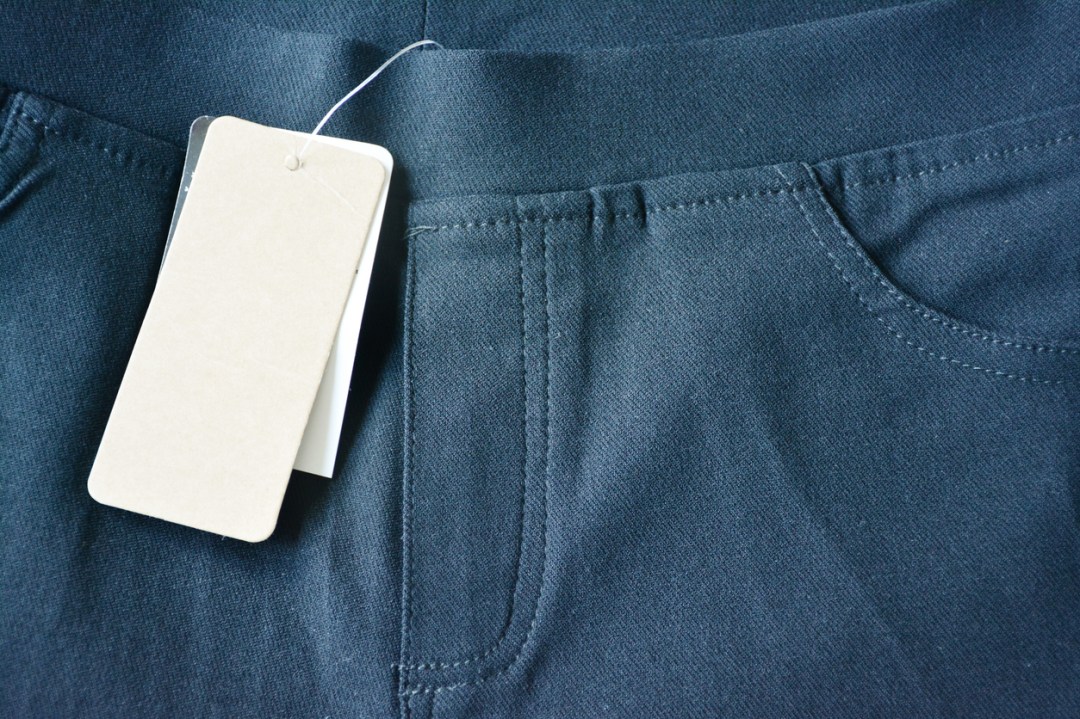First, there was the bizarre tale of the poor unfortunate man who, after dropping his trousers on the District line near Upton Park, was set upon by an outraged gang, beaten and then forcibly expelled from the Tube. And then, just a day or so before, the perpetually beleaguered Gregg Wallace caused a similar degree of opprobrium when he put out a video in which he addressed allegations of bad behaviour involving a lack of trousers. What on earth is going on?
On Instagram, Wallace announced, with a touch of the Beowulf poet: ‘Would you like the truth about the stories regarding me taking my trousers down, listen! There are no findings in the investigation that I took my trousers down in front of anybody.’ He ended his video by repeating, sternly: ‘Any claim that the report says differently is not true.’
So there we have it. Gregg Wallace may be many things, but he is not a trouser-dropper – unlike the anonymous semi-flasher on the Underground, who definitely was, has now been detained for his own good under the Mental Health Act. A warning, perhaps, to those of us who, now that the weather is becoming disconcertingly warm once again, might fancy a little impromptu chino removal on public transport for our comfort. Yet in truth, the idea of taking down one’s trousers is an innate source of English fascination that has been a staple of comedy since Chaucer and Shakespeare, and is likely to remain so until the day we are all wafting round in unisex kimonos.
The reason why trousers – more than any other form of attire – are imbued with such comic potential is that the average English gentleman associates them with his dignity. Lose them, and his sang-froid tumbles to the floor along with the fabric. It was no wonder that the Aldwych farces and Carry On films all made considerable weather of their stiff, not-so-buttoned-up characters being compelled to cover their reduced dignity in increasingly absurd circumstances as their breeches sally off into the sunset.
I would like to say that the loss of trousers is something that only occurs on stage and in film, but alas, I can testify that it is all too real. In my home city of Oxford, I have seen many cruelly abandoned pairs of formal trews in the street, presumably after a heavily misspent night involving fine wine. Nor is this limited to the young. A friend tells how, after a wild evening on Clapham Common with some newfound friends resulted in his being debagged, he cycled past the scene of the crime the next day to see his once-beloved slacks fluttering mournfully in the wind – the mute observer to whatever unspeakable things had happened in that particular spot.
As for the shame’s memorialisation in memoir, another friend – a leading light in the entertainment industry – has confessed that, should he ever put finger to keyboard and write his autobiography, it could only be called A Life Without Trousers, so torrid have his exploits in this field been.
I would dearly love at this point to confess that I know nothing of such things, but unfortunately I recently had my own narrow brush with infamy. A few months ago, I was strolling along Hampstead Heath with my family when, to our horror, a tree fell just behind us, nearly causing grave hurt, or worse.
We scrambled to safety just in time, with no worse injury than a few cuts and bruises – but as I realised that we were largely unharmed, I also realised that the sudden impact on the ground had sent my kecks cascading round my knees. To be found dead and trouserless on Hampstead Heath: now that, I fear, is the end that many of my enemies would wish on me. But I intend to give them the dissatisfaction of continuing to live – with the bottom of my trousers rolled – for many a well-furnished year to come, God willing.








Comments